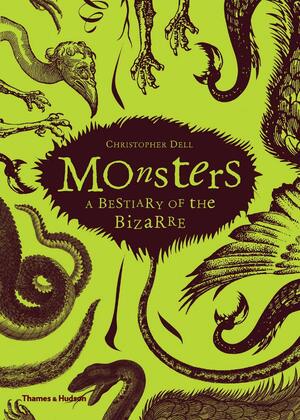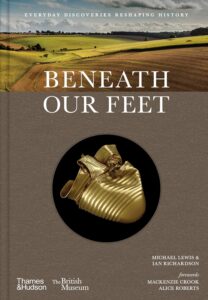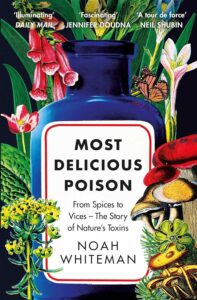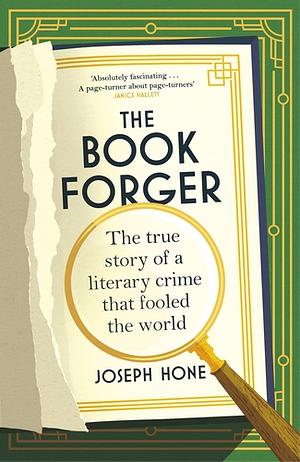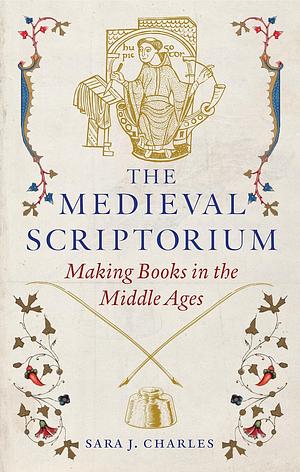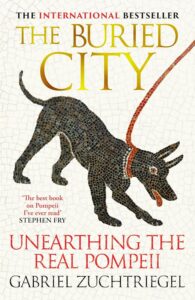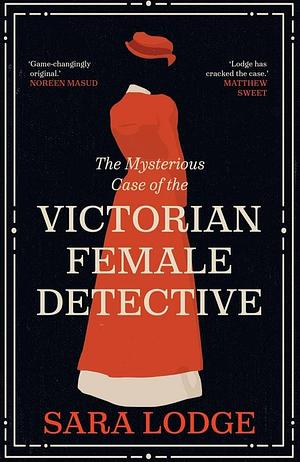
The Mysterious Case of the Victorian Female Detective
by Sara Lodge
Genres: History, Non-fictionPages: 384
Rating:

Synopsis:A revelatory history of the women who brought Victorian criminals to account—and how they became a cultural sensation
From Wilkie Collins to the adventures of Sherlock Holmes, the traditional image of the Victorian detective is male. Few people realise that women detectives successfully investigated Victorian Britain, working both with the police and for private agencies, which they sometimes managed themselves.
Sara Lodge recovers these forgotten women’s lives. She also reveals the sensational role played by the fantasy female detective in Victorian melodrama and popular fiction, enthralling a public who relished the spectacle of a cross-dressing, fist-swinging heroine who got the better of love rats, burglars, and murderers alike.
How did the morally ambiguous work of real women detectives, sometimes paid to betray their fellow women, compare with the exploits of their fictional counterparts, who always save the day? Lodge’s book takes us into the murky underworld of Victorian society on both sides of the Atlantic, revealing the female detective as both an unacknowledged labourer and a feminist icon.
I found Sara Lodge’s The Mysterious Case of the Victorian Female Detective really interesting. It’s worth knowing right up front that Lodge isn’t necessarily talking about police-appointed official detectives, or even private detectives in their own rights: sometimes they’re police matrons, bystanders, the wives of policemen, etc. She argues that they were all part of an understanding in the period that women were working as detectives, despite it being viewed as a largely masculine profession.
Lodge discusses lots of examples, both factual and fictional, to build up the picture of how female detective work was understood in the Victorian era — mostly in the UK, but a little bit in the US, since there was some cross-pollination there. It’s all pretty fascinating to me, as someone who’s studied a little bit about the development of crime/mystery fiction as a genre, and maintained an interest in reading a lot of classics. I wonder if the British Library Crime Classics might pick up some of the older female detective stories Lodge discusses…
The book has detailed, numbered footnotes, a selected bibliography, and an index, which is always appreciated.
Overall, I found it very worth it, though I wish it’d dug a bit more into the genderbending and identity stuff that some female detectives played with. It feels like we only saw a tiny glimpse of that, mostly in the context of the stage, but that whet my appetite for more!
Rating: 4/5 (“really liked it”)




